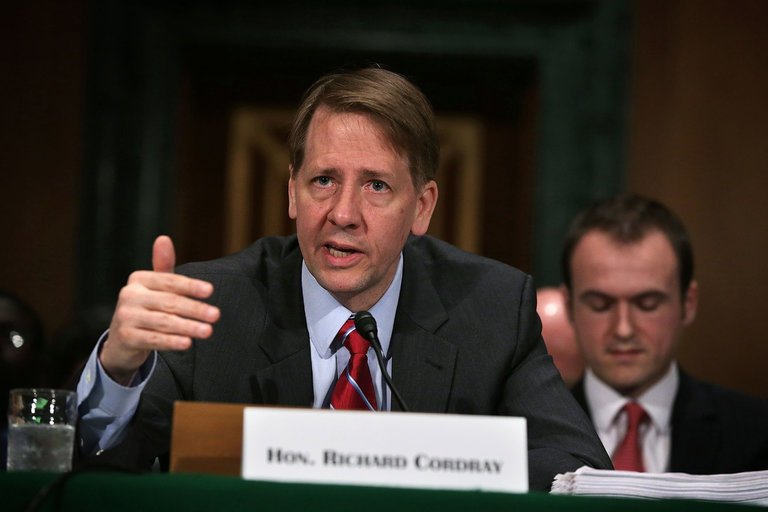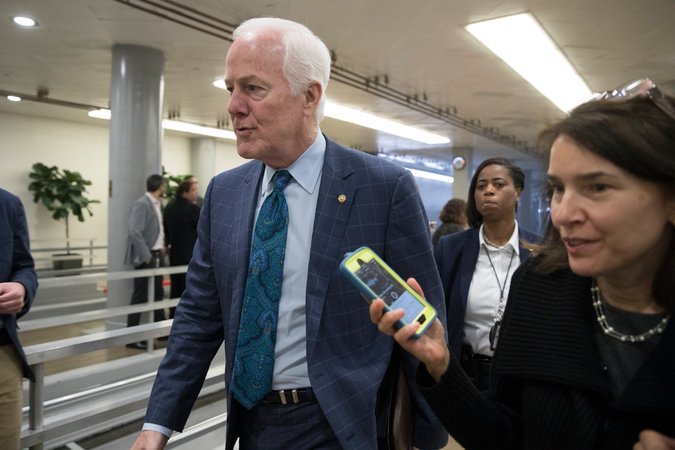Today, it is hard to open up a checking account, rent a car, get cable service or check a loved one into a nursing home without agreeing to mandatory arbitration.
The new rule written by the consumer bureau, which was set to take effect in 2019, would have restored the right of individuals to sue in court. It was part of a spate of actions by the bureau, which has cracked down on debt collectors, the student loan industry and payday lenders.
Looking to head off a repeal, Democrats and consumer advocates branded the effort as a gift to financial institutions like Wells Fargo and Equifax. Both companies, in the face of corporate scandals, used arbitration clauses to try to quash legal challenges from customers.
“Tonight’s vote is a giant setback for every consumer in this country,” Richard Cordray, the director of the {Consumer Financial Protection Bureau}, said in a statement. “As a result, companies like Wells Fargo and Equifax remain free to break the law without fear of legal blowback from their customers.”
Source: "Consumer Bureau Loses Fight to Allow More Class-Action Suits" By JESSICA SILVER-GREENBERG - NY Times - OCT. 24, 2017
On {October 24, 2017} the Senate, with a tiebreaking vote from Vice President Mike Pence, followed the House in voting to overturn a rule that would have allowed consumers to file class-action lawsuits against banks and other financial institutions, rather than be forced to take their disputes to arbitration.
Source: "The Real Reason for Republicans’ Silence on Donald Trump" by THE EDITORIAL BOARD - NY TIMES - OCT. 25, 2017

Richard Cordray, director of the Consumer Financial Protection Bureau. He is the good guy in this story.
Source: NY Times

Senator John Cornyn, Republican of Texas. He is one of many bad guys in this story.
Source: NY Times